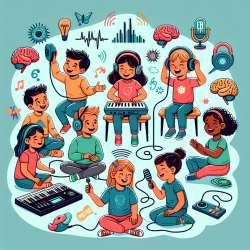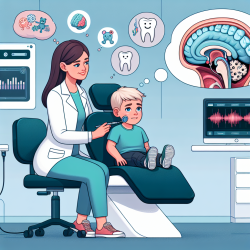Understanding the Impact of Bullying on Adolescents' Self-Esteem
Bullying is a pervasive issue in schools worldwide, with significant implications for the mental health and well-being of adolescents. The research article "Bullying Victimization Moderates the Association between Social Skills and Self-Esteem among Adolescents: A Cross-Sectional Study in International Schools" sheds light on how bullying affects the relationship between social skills and self-esteem in adolescents.
The Role of Social Skills in Enhancing Self-Esteem
Social skills are crucial for adolescents as they navigate the complexities of social interactions. These skills not only help in building relationships but also play a significant role in enhancing self-esteem. The study found that adolescents with high social skills reported greater self-esteem, particularly when they had never been bullied.
Bullying as a Moderator
The study highlights a critical finding: bullying victimization moderates the relationship between social skills and self-esteem. For adolescents who have never been bullied, social skills positively correlate with self-esteem. However, for those who have experienced bullying, this relationship is not as straightforward. The psychological impact of bullying can overshadow the benefits of social skills, leading to compromised self-esteem.
Implications for Practitioners
For practitioners working with adolescents, these findings underscore the importance of identifying and addressing bullying experiences. Here are some actionable steps practitioners can take:
- Implement screening programs to identify bullying victims early.
- Provide targeted social skills training that includes resilience-building components.
- Offer psychological support to address trauma from bullying.
- Encourage a supportive school environment that fosters positive social interactions.
Encouraging Further Research
While this study provides valuable insights, it also opens the door for further research. Longitudinal studies could help confirm causal relationships and explore the long-term effects of bullying on self-esteem. Additionally, research into effective interventions for bullying victims could guide practitioners in developing more comprehensive support strategies.
Conclusion
The relationship between social skills and self-esteem is complex, particularly when moderated by bullying experiences. Practitioners must be vigilant in identifying bullying victims and providing them with the necessary support to build resilience and improve self-esteem. By doing so, we can create a more supportive environment for adolescents to thrive.
To read the original research paper, please follow this link: Bullying Victimization Moderates the Association between Social Skills and Self-Esteem among Adolescents: A Cross-Sectional Study in International Schools.










